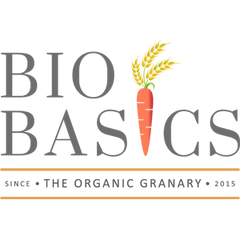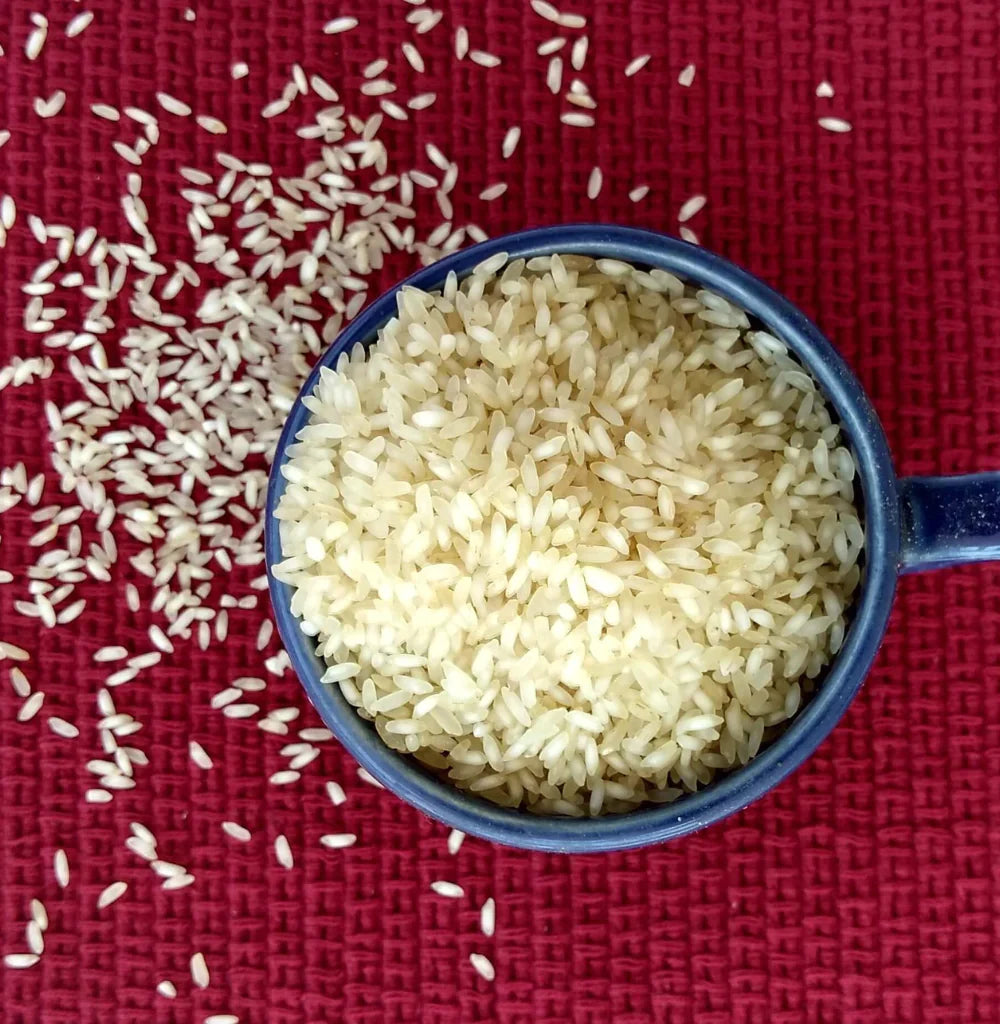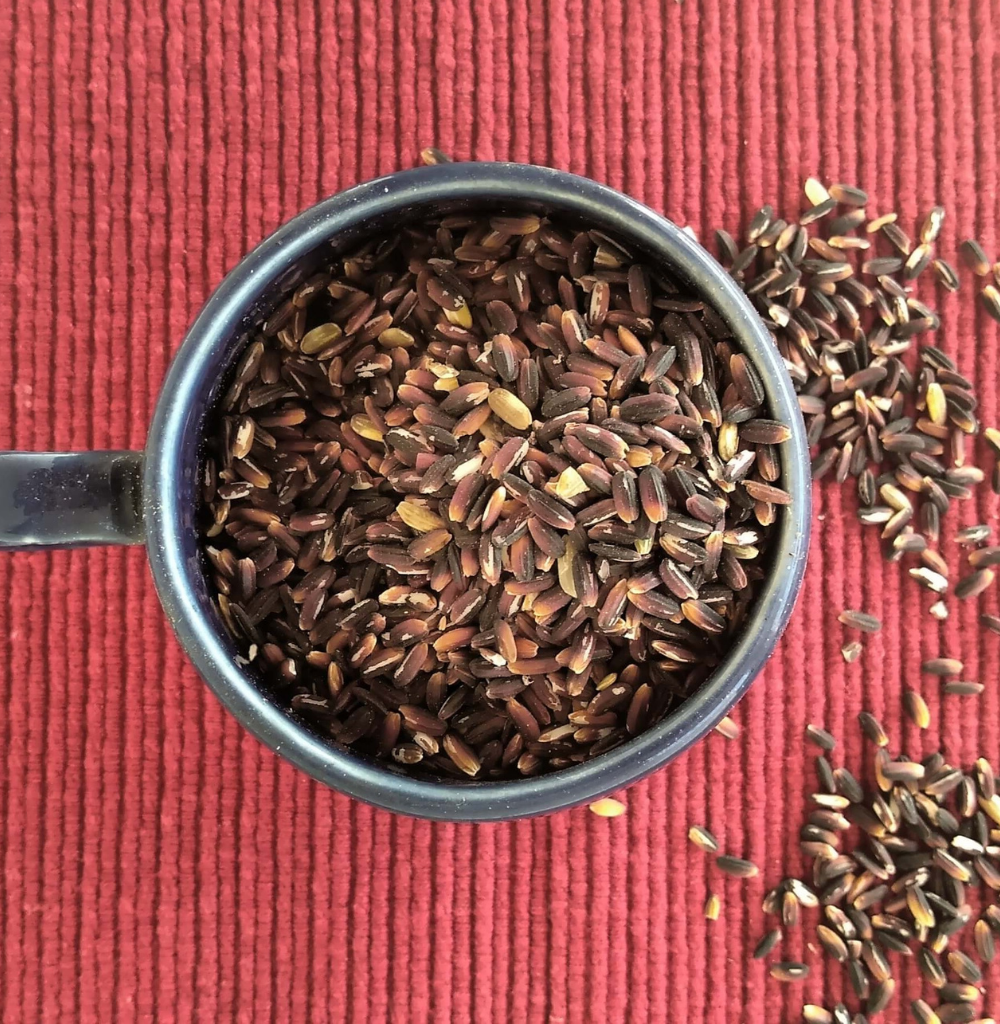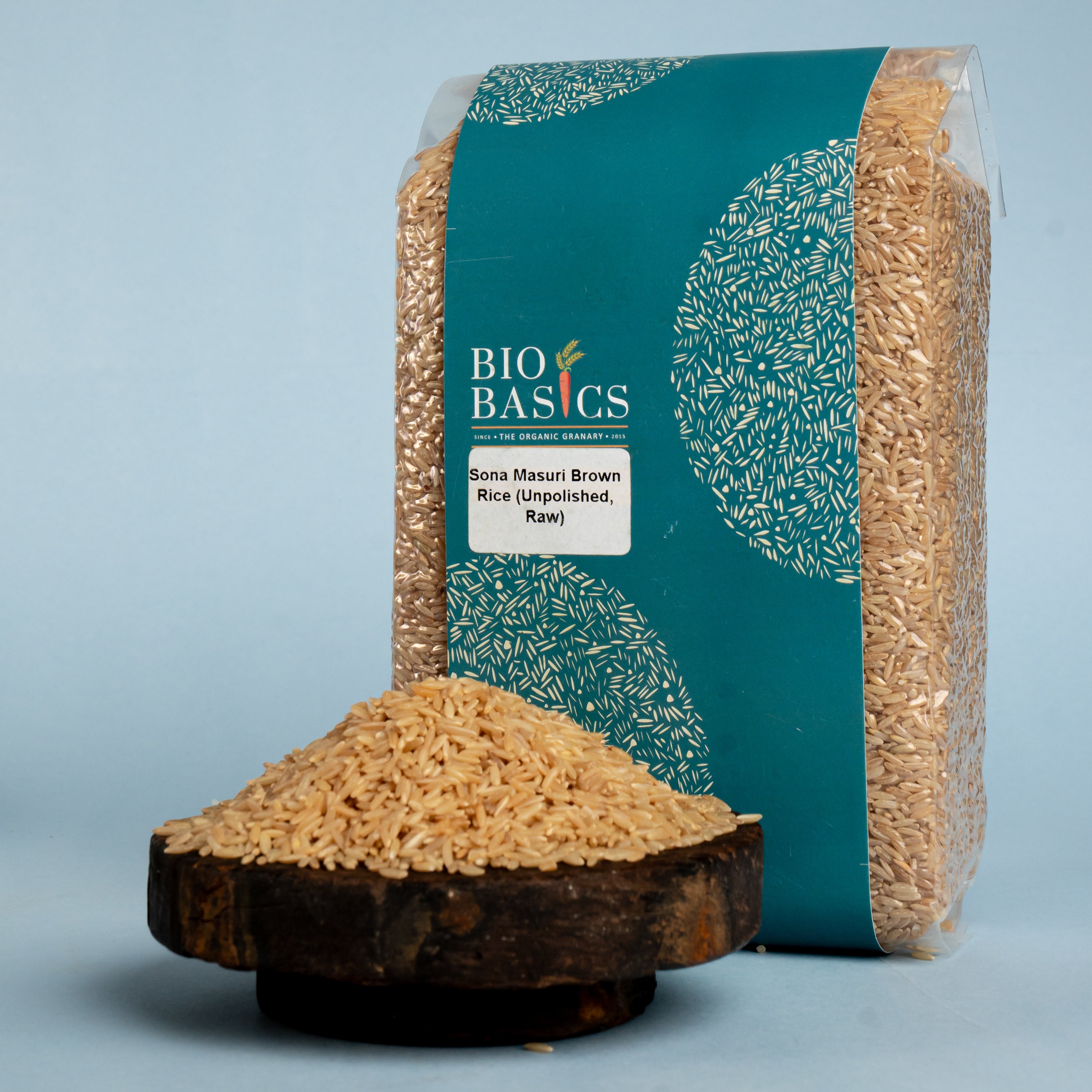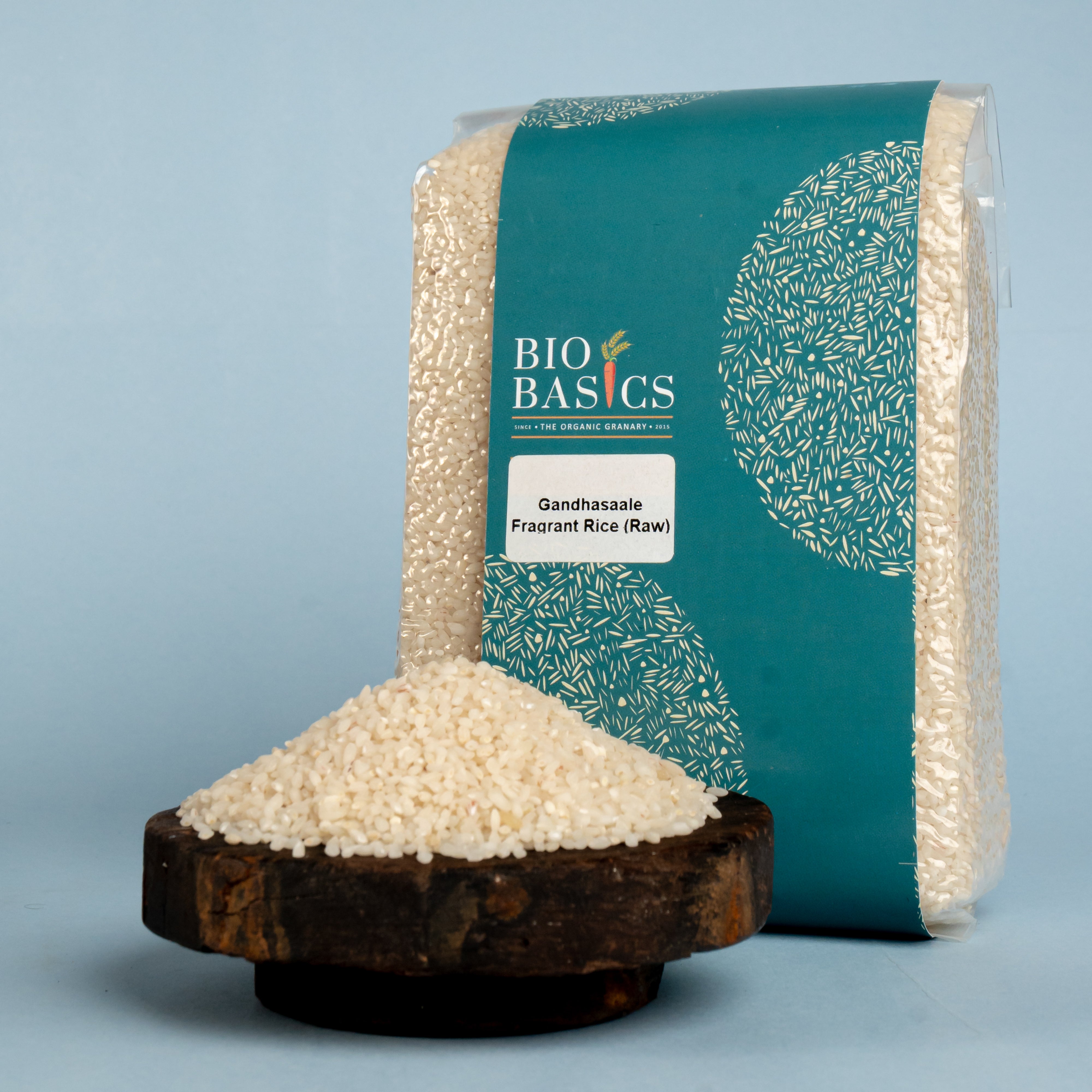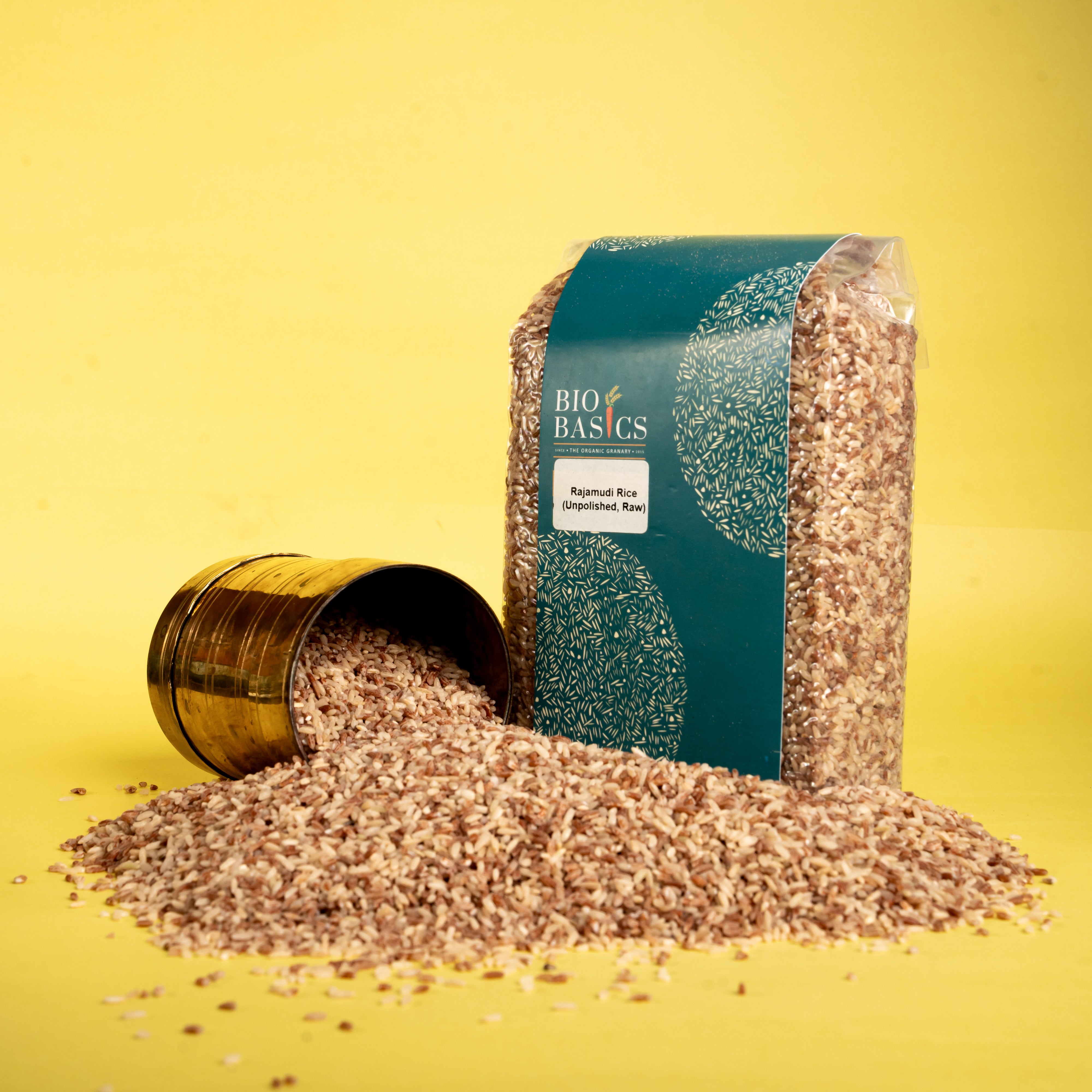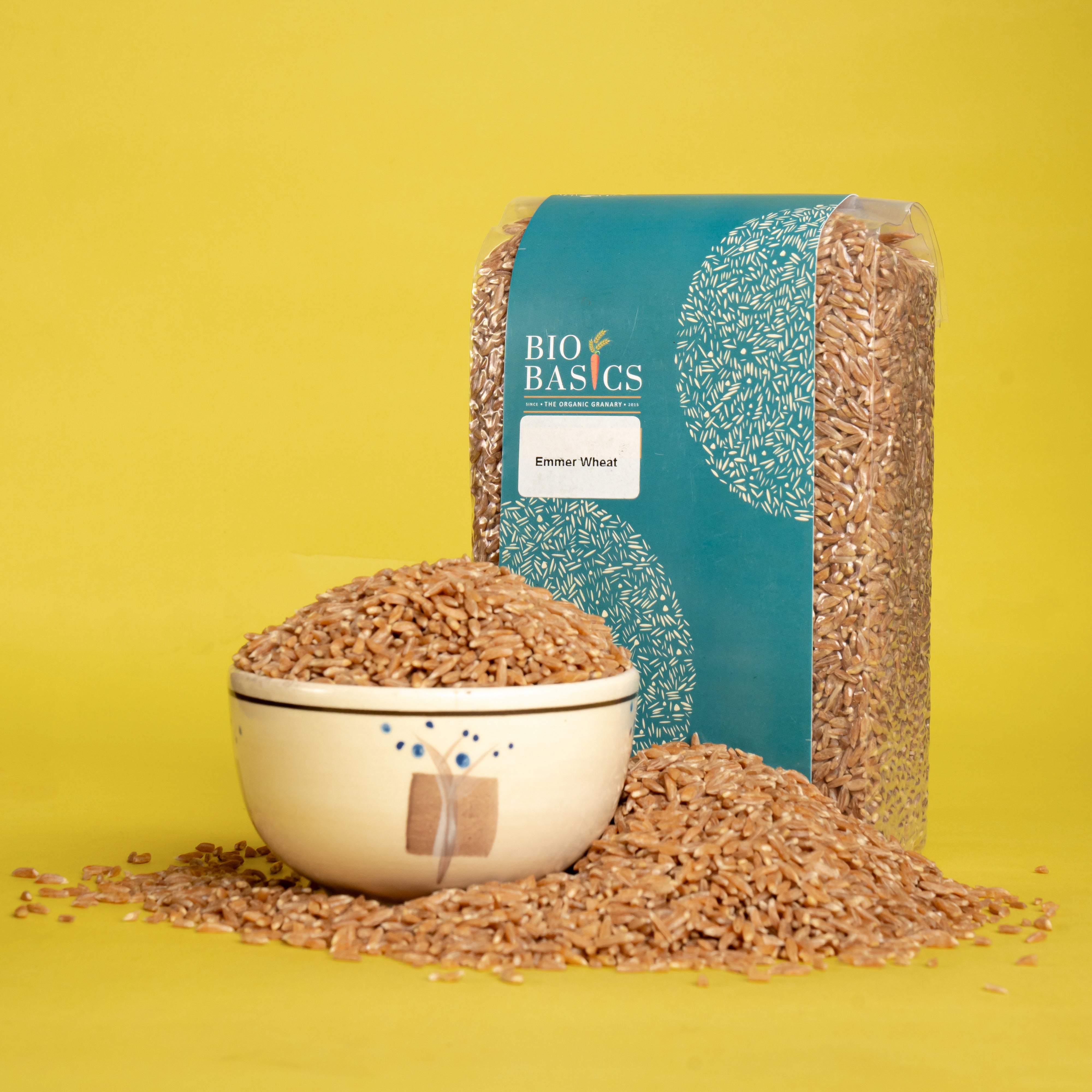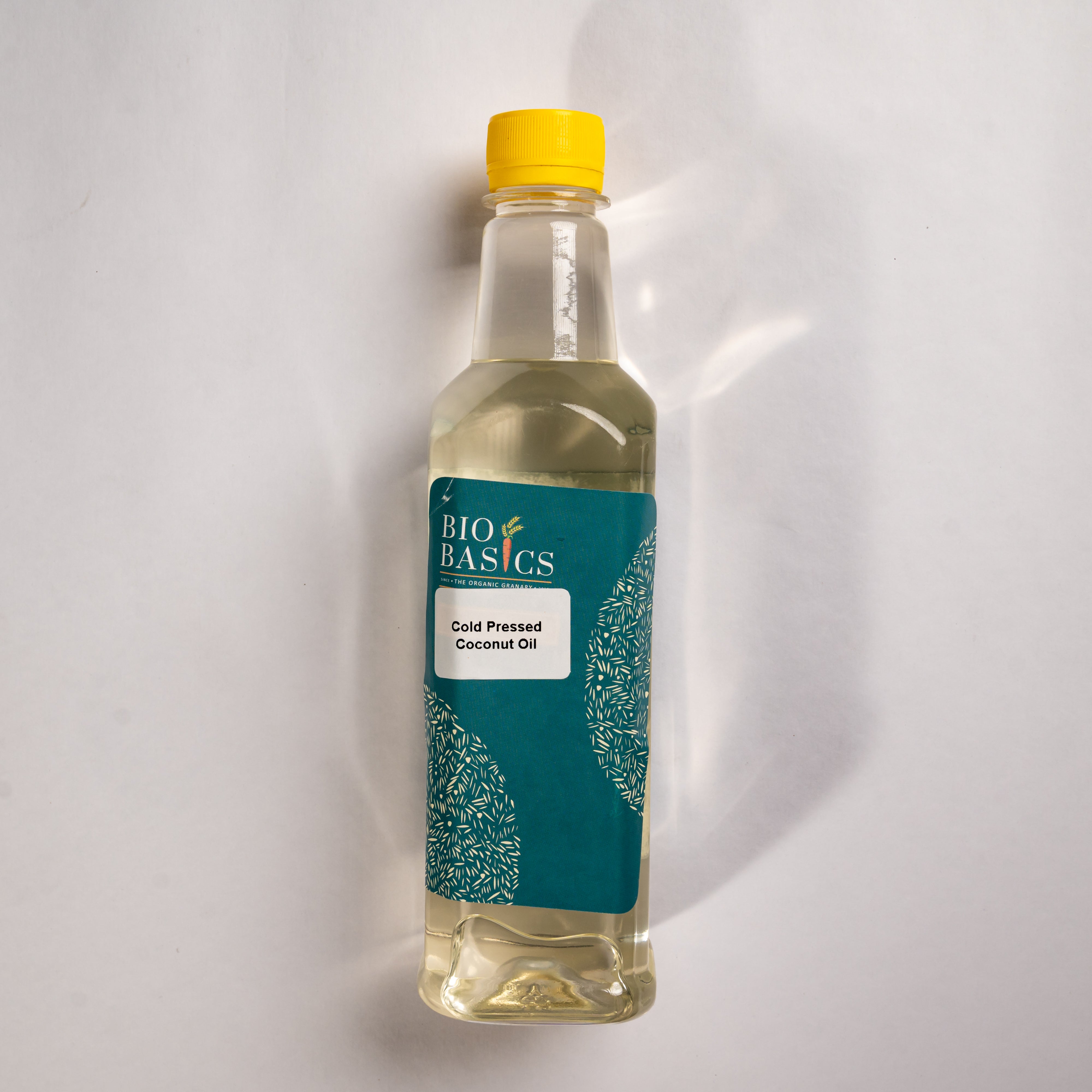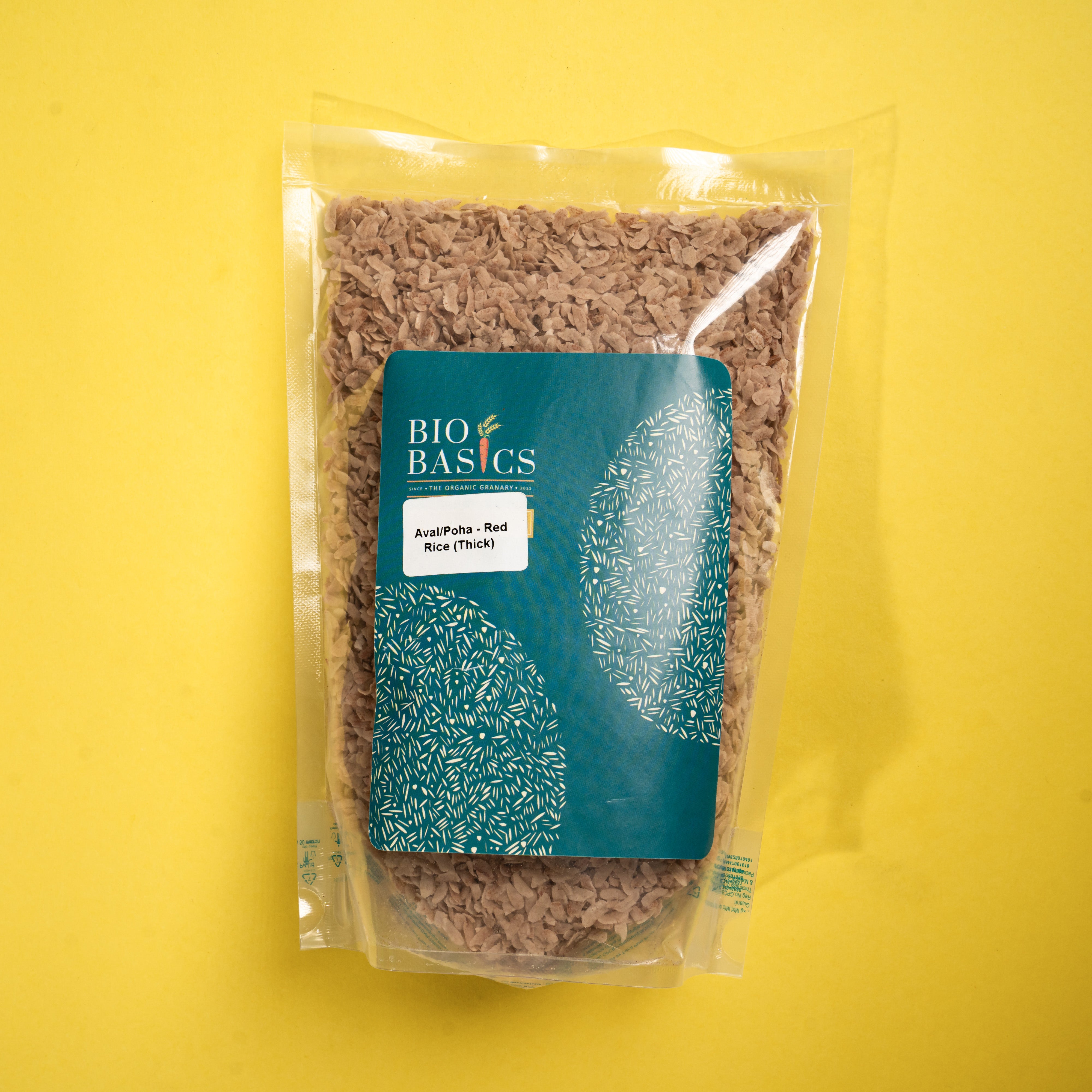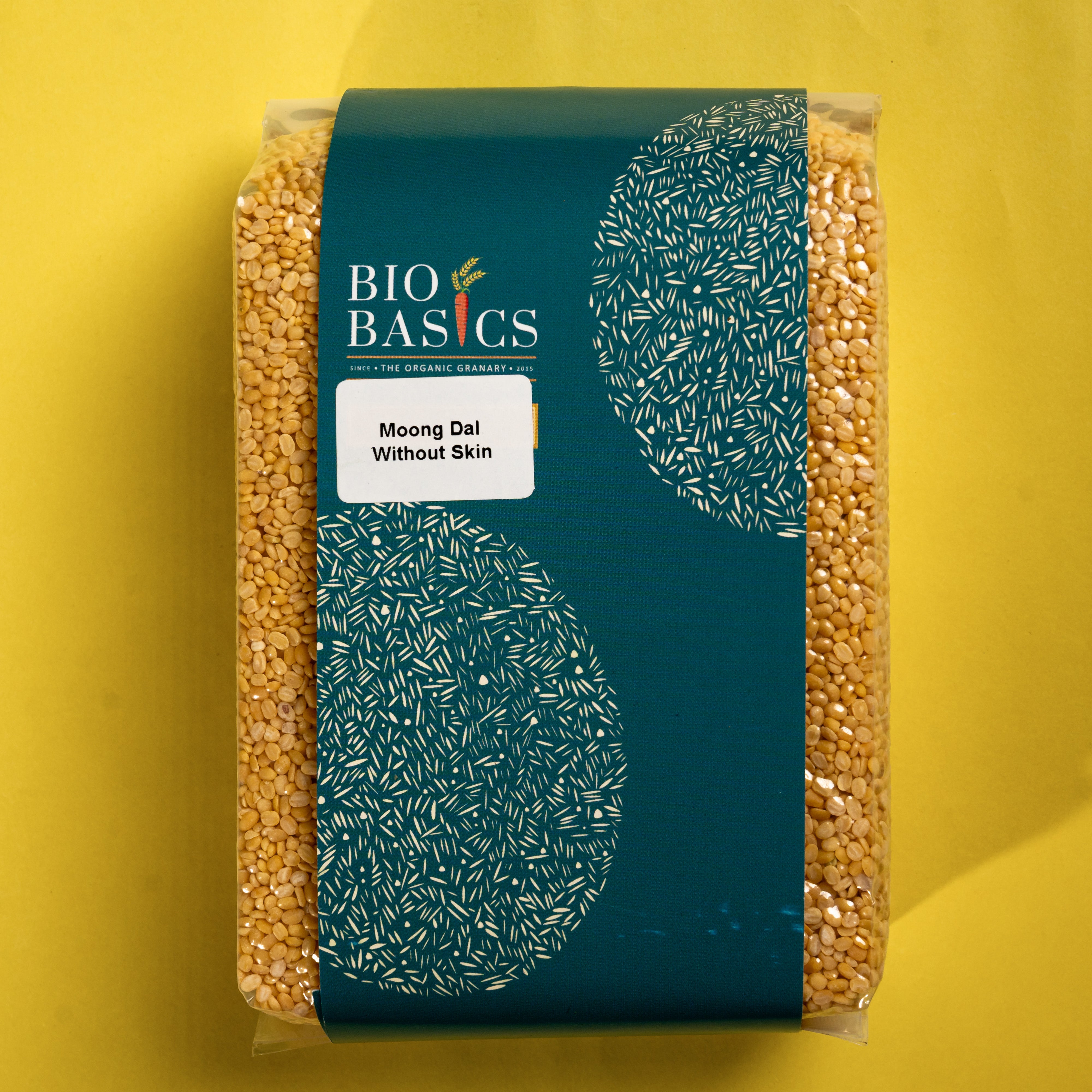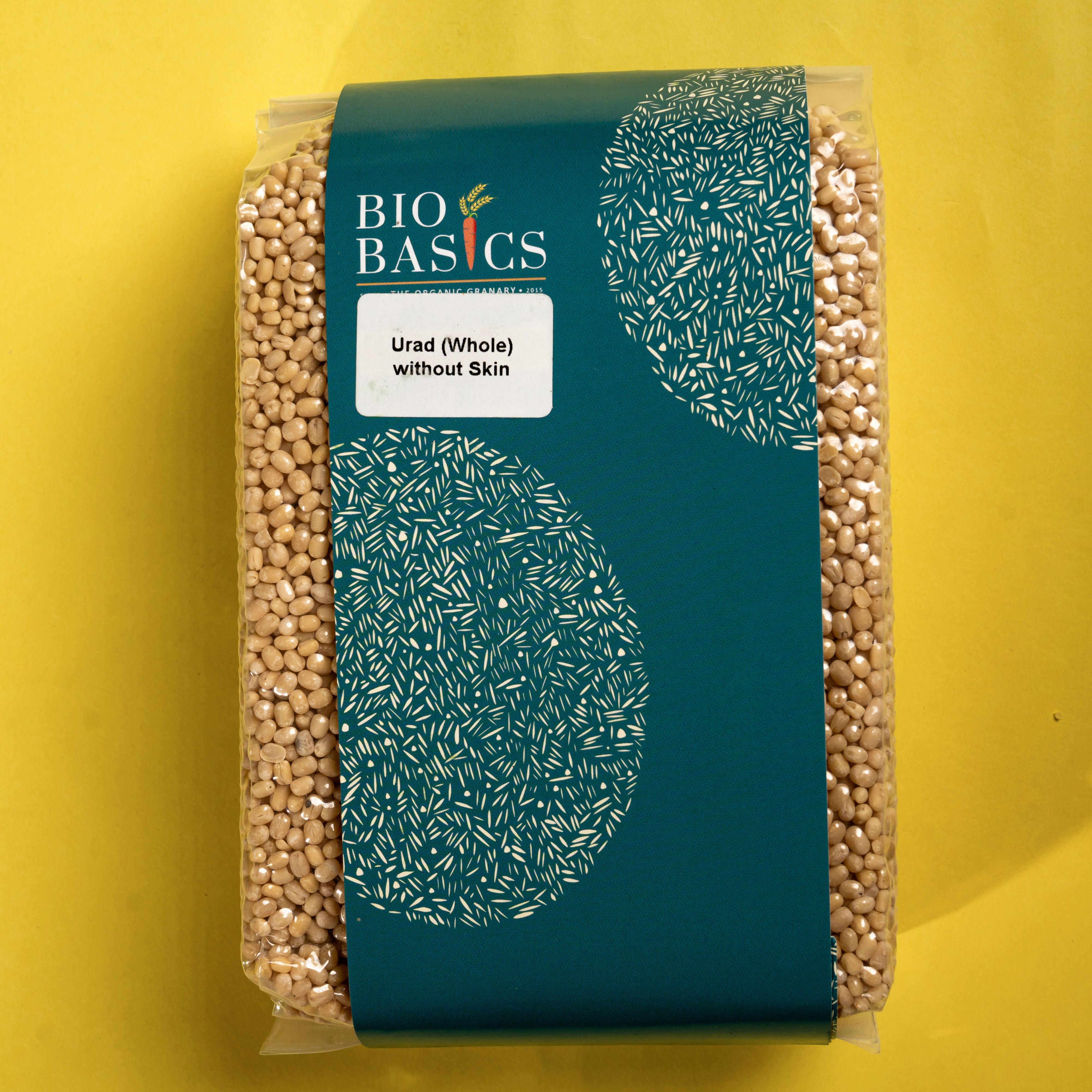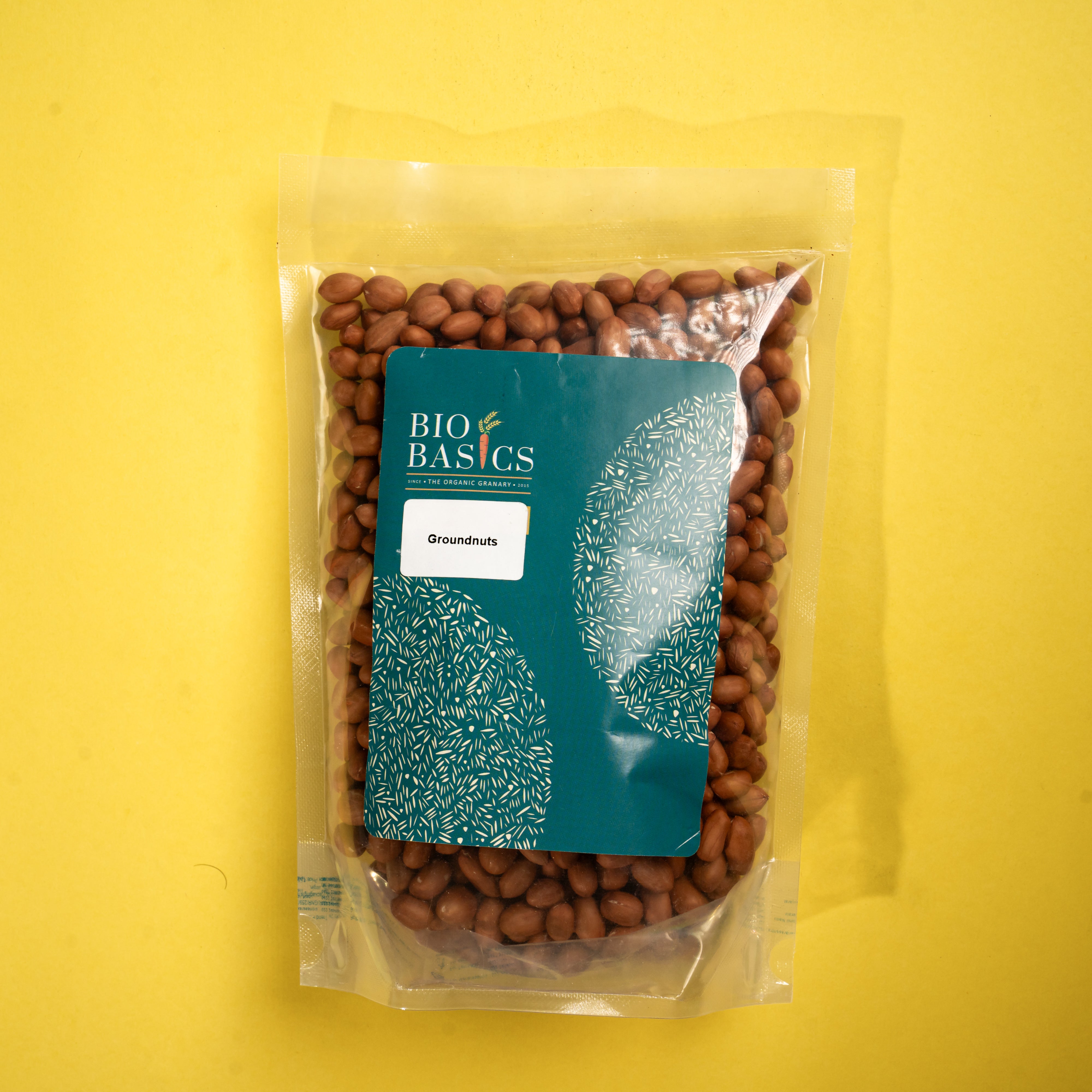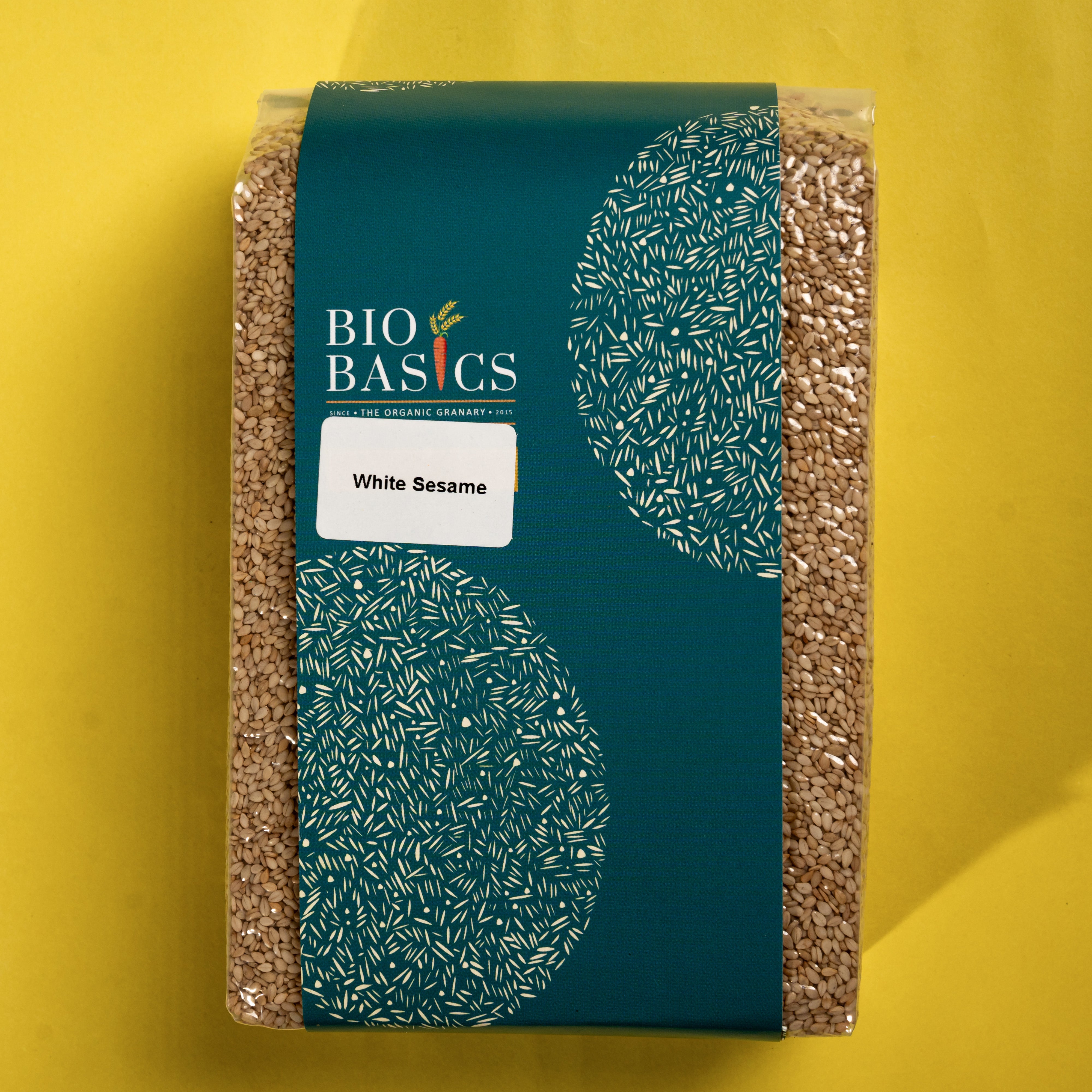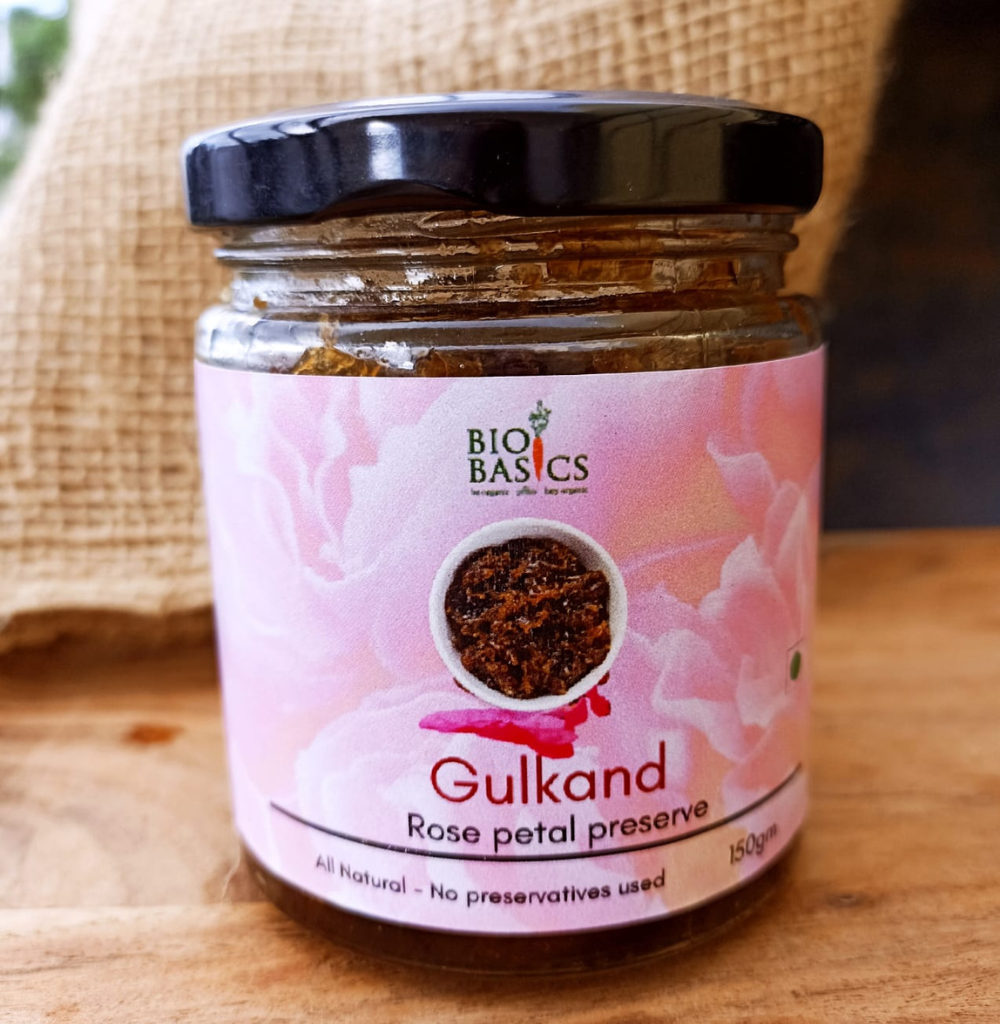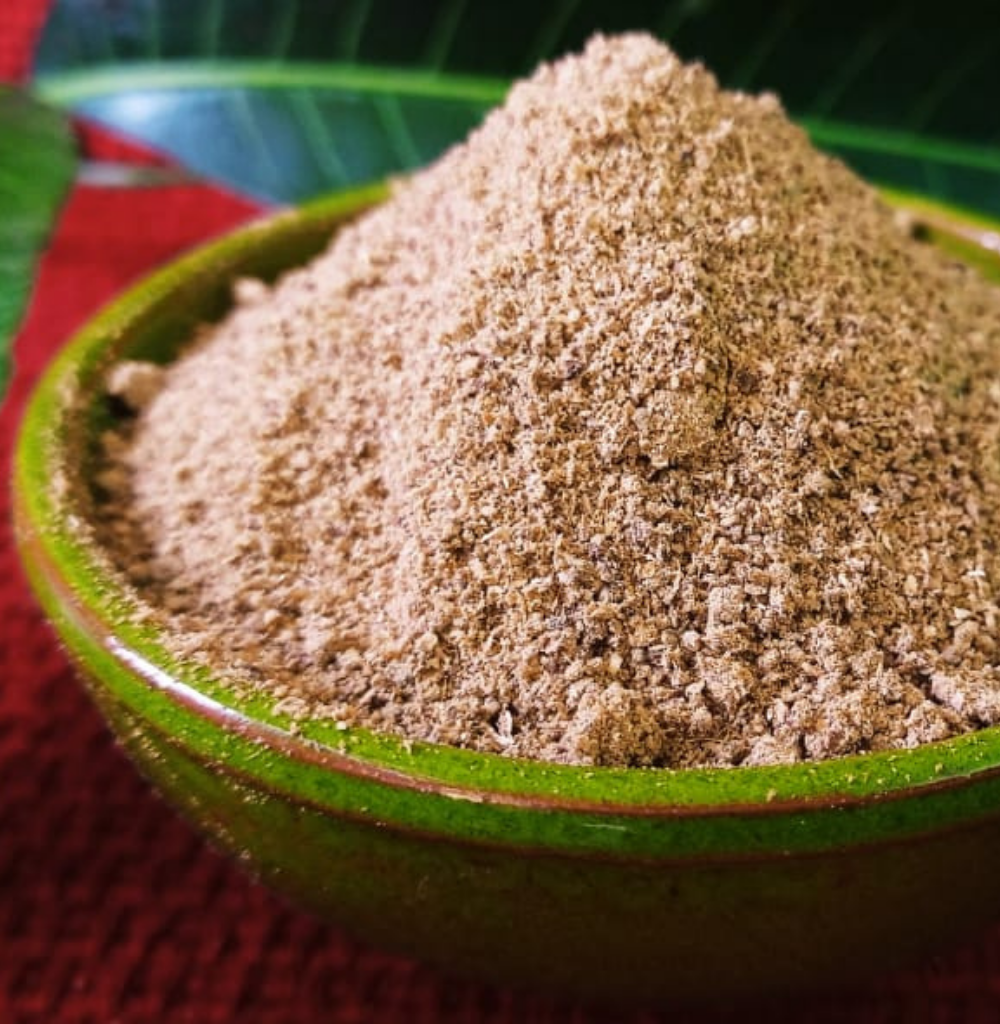In Conversation with Cdr S Lakshmanan Iyer, Director, Bio Basics
More and more people across the world are embracing clean eating and it’s no surprise that organic brands are fast replacing generic brands in supermarket shelves. The single biggest consumer market for organic food is the US, notching up sales of $43 bn in 2016, according to Statista.com. As of spring 2017, about 55 million people purchased organic food in the US, with more than 50% of US consumers saying they believe organic produce is healthier than conventionally grown food.
In India, there are several organic food companies that have been influencing the way people eat. Major players include Conscious Foods, Srestsa, Eco Farms, Organic India, Navdanya, and Morarka Organic Foods. According to India Organic Food Market Forecast & Opportunities 2020, the market for organic food in India is anticipated to grow at a compound annual growth rate of over 25% during 2015-20.
Based in Coimbatore, Bio Basics is doing its part to educate and offer the best of organic produce in India. Since its inception in 2015, Bio Basics has slowly and steadily established itself as a trustworthy organic brand in south India. The organic food company launched its e-commerce platform on December 1 this year and is looking to reach out to consumers across India.
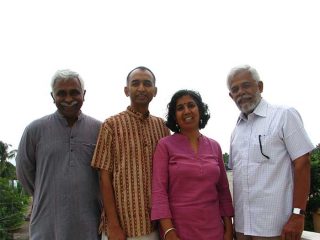
OF: As an aeronautical engineer from IIT Bombay, what made you change your career path to embrace natural living?
LI: During my IIT days, I was never really committed to the environmental cause. The real turning point in my life took place in 1990. That was the time the protest, steered by Medha Patkar, against the Sardar Sarovar dam on the Narmada River was picking up the heat.
At the IIT Delhi campus, there were two post-graduation students, Jairaj Puthenveetil and (now) Dr. Abey George. They asked me what my stand was on the dam issue. I was unsure about the issue but they told me that I should not fence-sit; I am free to be either pro-dam or anti-dam, but I must choose.
I remember clearly that one night when power had gone out and the entire campus was plunged into darkness. This dam debate heated up in me at that moment.
It all boiled down to just one question – “Am I willing to live my life happily even if I have no electricity?” The moment I told myself a “Yes”, everything else fell into place. From that moment, till date, environmental issues have been a major commitment in my life.
OF: Why did you choose to join Bio Basics?
LI: We have grown food in my backyard or balcony for the last 25 years and it has been both, personally satisfying and huge personal learning. In our small balcony of the apartment where I live now, we compost successfully without any issues whatsoever.
But over the recent years, I have realised that these small personal victories are good, but not good enough as far as any significant beneficial impact on our planet is concerned. Even a large backyard will not be able to produce 100% of the food to meet an entire family’s requirement all-round the year.
On the other hand, the present economic and logistic system for food is completely unfair to the farmer who is our real “annadata” (food provider). Our penchant for attractive looking food pushes the farmer to use a cocktail of toxic chemicals.
OF: And that’s when you realized farmers needed help…
LI: Yes, I realized that the only way out is to help farmers grow food organically.

But how can he do that under the burden of high input costs with no subsidy or incentives to go organic, and unfair market economics that does not consider organic food as being of higher value? In January 2014, I bumped into two close friends, Ramesh Chandran and Devi Lakshmikutty. They were similarly inclined and concerned about the various issues concerning farmers and agriculture. They proposed starting a venture that would link genuine organic farmers to the urban consumer and they did. That’s how Bio Basics was born in 2015.
OF: Where do you source your organic products from?
LI: Our strength in procurement is thanks to our co-founder, Devi. She has been a food and environmental activist for over 10 years now.
Thanks to her presence, we have access to farmers who are growing unique produce. Have you heard of black horse gram? Or red jowar (sorghum)? Or black rice? Or millet poha (beaten flakes of cereal)? We have it all in our offering. Although a large proportion of our farmers are certified organic, we do not always treat this as a necessary condition; in today’s Indian scenario, a certification actually does not mean much.
As a policy, we source our organic products directly from farmers or NGO farmer groups only. The key aspect is that we want to know for sure ourselves that the products are genuinely organic. So, we do not even accept into our fold, farmers who are “part organic”, which means that only some portion of their land is being cultivated through organic methods.

The deep black or the purple hue of the black rice is a marker of its high antioxidant properties.
OF: At Bio Basics, how closely do you work with farmers?
LI: We feel that knowing our farmers is very important. We spend a lot of resources in establishing the farmer’s credentials from other trustworthy sources, interviewing the farmer to understand his motivation to grow organic, and visiting the farm from time to time. We have a “Field Manager” exclusively responsible for that. Often, Devi visits the farmers herself.
Most of our products are sourced from Tamil Nadu, Kerala, and Karnataka. Some select items come from geographies further beyond.
OF: What is one of the biggest challenges in organic food marketing?
LI: When Bio Basics was launched, Ramesh Chandran, our founder-director, thought that the challenge would be to find genuine organic farmers. And that finding consumers to buy organic produce would be a cakewalk. But now, more than two years down the lane, we know that the exact opposite is true. Getting consumers to buy organic is a far bigger challenge.
OF: How has the internet changed the way you market your product or reach out to customers?
LI: Without a doubt, the internet has a very significant role to play in our effort to reach out to the community at large. To date, our predominant means of communication have been WhatsApp and emails. SMS is used but to a lesser extent only. Phone calls are kept to a bare minimum.
Since the time we started work on our website about a year ago, we also opened our presence to social media platforms. But Facebook has stayed as our preferred platform as on date – maybe because it is easier to use and more popular!
One aspect for which we wish to truly utilize the reach and potential of the internet is to generate consumer awareness on how to “Be Organic”. So, you can hope to see a lot of videos rolling out in the coming months on various aspects – health awareness, information of unique products, how to use the products, and so on.
